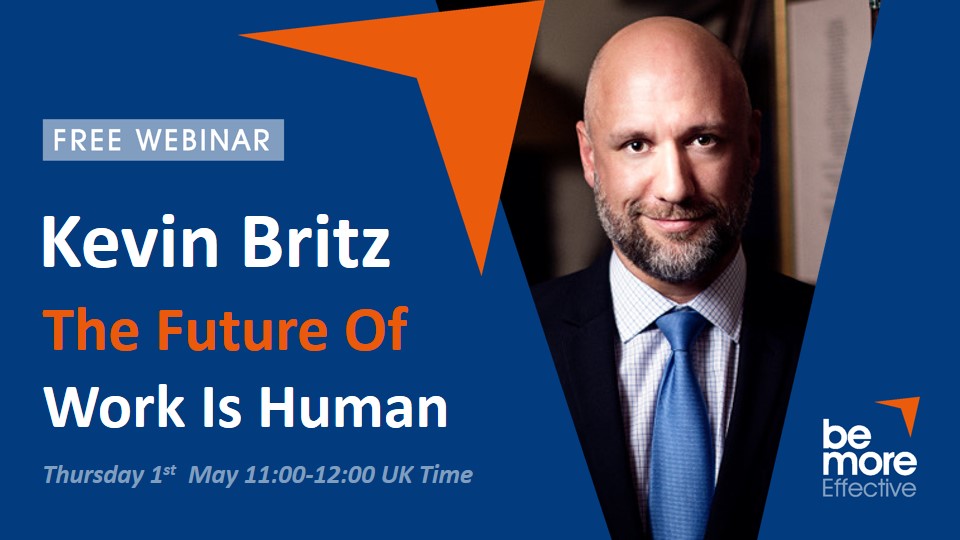Is employee engagement needed?

Surely it is cheaper and easier just to pay for hands and feet, isn’t it?
The larger the organisation; the greater the need to engage the workforce. One of the greatest challenges for organisations is engaging a dispersed workforce. As organisations globalise and become more dependent on technology and a virtual working environment, there is a greater need to connect and engage with employees to provide them with accurate information and an organisational identity.
The Benefits to the organisation
There has been plenty of research across a number of industries and countries and the research from organisations like Gallup as to the benefits of enhancing the bond between the employee, their colleagues and the organisation. Some of those benefits documented are:
- Increased passion for, commitment to and alignment with the organisation’s strategies and goals Improved overall organisational effectiveness
- A high-energy working environment
- Increased productivity and improves morale
- Boosted business growth
- Made the employees effective brand ambassadors for the company
- Created a sense of loyalty in a competitive environment
- Attracted more people like existing employees Increases employees’ trust in the organisation
- Lowered attrition rate
- Created a community at the workplace and not just a workforce
Improved Customer Satisfaction and Loyalty
Research consistently shows that engaged employees in customer-facing roles are more likely to treat customers in ways that positively influence customer satisfaction. This is partly because a highly engaged employee will consistently deliver beyond expectations and partly because engaged employees form a stronger emotional connection with the company. This impacts their attitude towards their colleagues, the company’s clients, and thereby improves customer satisfaction and service levels. This directly impacts customer loyalty and overall profitability.
Talent Retention
Research by various organisations across the globe, including Gallup, have proven the link between employee engagement and staff retention. The traditional assumptions that have “bonded” employees with organizations are changing rapidly. Employees no longer automatically expect that their organisations will provide them with job security. As the expectation of security has diminished, so has the blind loyalty that was assumed as a by-product of that security.
Research sponsored by Accenture showed that all high-potential employees considered themselves as free agents and not employees in the traditional sense. They saw the business leader of the future as a person who could develop “win-win” relationships with people like themselves, who could be sensitive to their needs for personal growth and development. In return they felt, not only a desire, but also a responsibility to deliver value back, for the leader and to the organisation. It is not possible to retain talent only by paying high salaries and offering attractive benefits.
Research and probably your own personal experience point to the fact that most employees want, even need, something more than a job and a wage packet at the end of the month. Employees want to work for an organisation that:
- Is successful or at least on the way up
- Is legal
- Provides opportunities to grow the business and the individual
- Has managers who help employees
- Is socially responsible
Employee engagement creates a psychological association that enhances the bonding between employees and commitment to the organisation. Employee engagement relates to the employee’s commitment to the organisation’s success. Engaged employees who are inspired and guided by the leadership, equipped with the right tools and managed by the right systems and processes deliver superior performance and stay with the organisation longer.
A greater number of loyal employees ensure low recruitment and training costs, which also has an effect on the productivity of the organisation, partly because engaged staff are more willing to put in extra effort when the organisation needs it.
The impact on the working environment is also significant as they are more aligned to and focussed on organisational benefit than personal goals. This consequently reduces feelings of acrimony and internal rivalries. Engaged employees also project a positive image to new recruits and this motivates the latter to perform better and assimilate themselves into the effective working culture. With an engaged cultre there is passion among associates to do things beyond what is expected of them. A highly engaged employee is someone who will consistently deliver beyond expectations and who has a sense of belonging or a strong bond with the company and its brand. This creates a ripple effect that results in a positively charged atmosphere in the organisation.
Your thoughts?
P.S.
David MacLeod and Nita Clarke were commissioned by the Department for Business to take an in-depth look at employee engagement and to report on its potential benefits for organisations and employees. The research took from October 2008 and May 2009 and the report can be found in the Government Archive
For more information please send a message via the Contact Us Page. Or you can register for an upcoming webinar.


